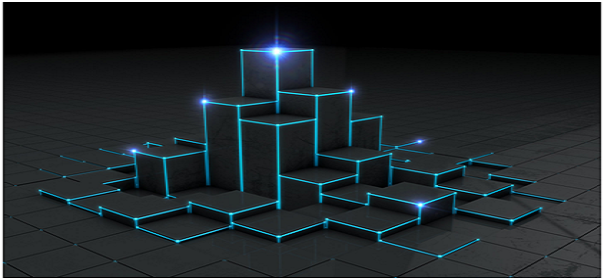The commercial real estate (CRE) industry appears to take pride in keeping several aspects of its operations secret, such as comparable lease rental rates, property prices, and valuations, to create a possible competitive advantage. However, secrets are hard to keep—and may not even be desired—in today’s hyperconnected and digitized world. In response to greater demand for transparency, technology advancements and the disintermediation by startups are gradually making some of this information public.1 As a result, property-related information is increasingly available in digital and paper form. However, a significant portion of the digitized information is hosted on disparate systems, which results in a lack of transparency and efficiency, and a higher incidence of inaccuracies that creates a greater potential for fraud. Blockchain technology—a digitized, distributed ledger that immutably records and shares information—could enable the CRE industry to address these inefficiencies and inaccuracies.
Benefits and opportunities of blockchain technology
Overall, the blockchain technology should meet certain prerequisites for it to be relevant. Once companies identify a process that is ready for blockchain technology, they should evaluate costs and benefits. While doing so, they will potentially benefit from assessing the extent of overhauling existing systems and interoperability with the various technology systems used by different stakeholders of CRE transactions.
The blockchain opportunity: Smart contracts enable easier, transparent, and efficient management of property and cash flows
Executing a real estate lease using smart contracts can address many of the challenges associated with property and cash flow management. According to Nick Szabo, a prominent thought leader of blockchain and smart contracts, “a smart contract is a set of promises, specified in digital form, including protocols within which the parties perform on these promises.”11 For the real estate sector, the traditional lease contract can morph into a smart tenancy contract. The use of a smart tenancy contract on a blockchain platform would enable transparency in lease terms and transactions. The contract could use rent or bonds for automated payments to real estate owners, property managers, and other stakeholders along with near real-time reconciliation.12

